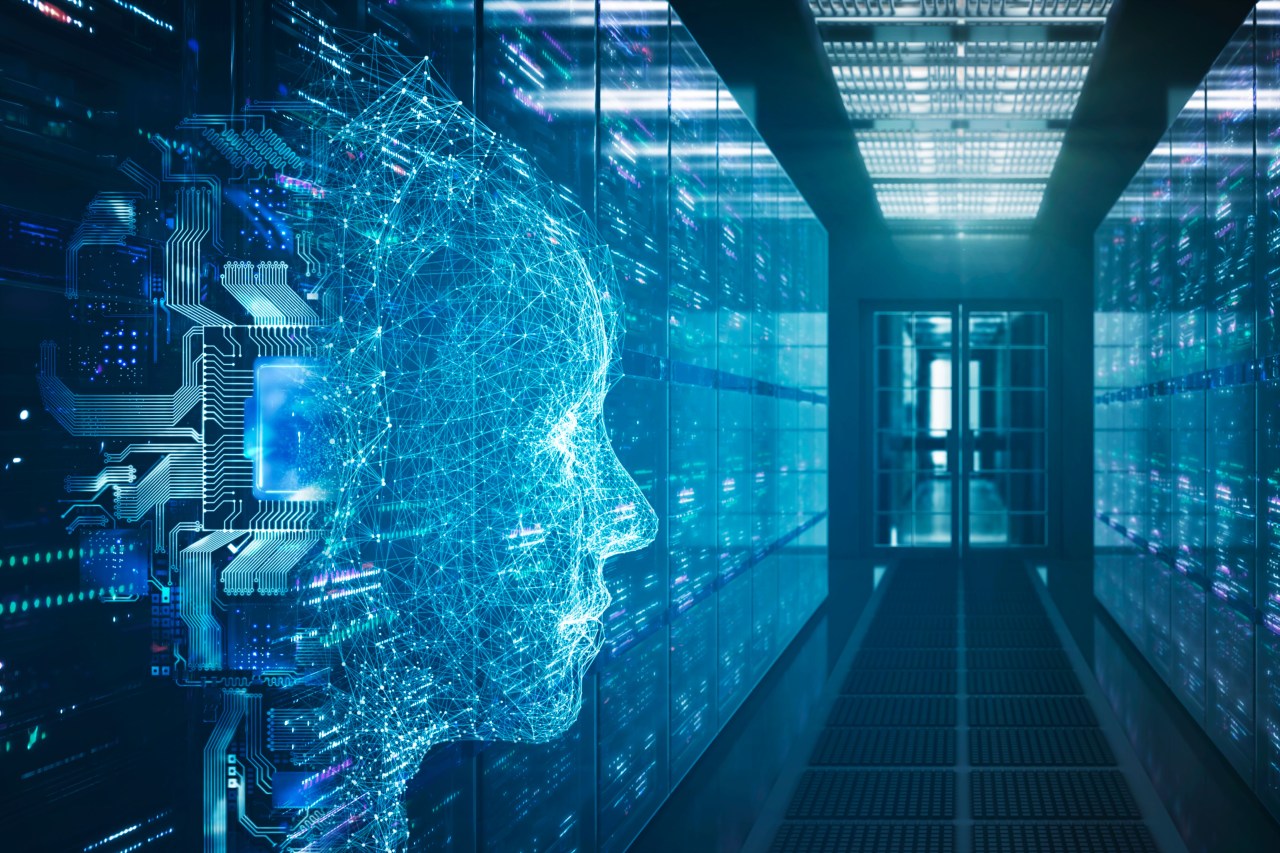The rise of artificial intelligence (AI) is rapidly reshaping the fabric of geopolitics, intertwining technology with international relations in unprecedented ways. As AI becomes a central player in the global arena, its influence extends beyond the realms of military power and economics. The implications are severe: AI is not merely a tool but a determinants of future power dynamics, ethical considerations, and peacekeeping efforts. Let’s delve into how AI is modifying the geopolitical landscape, its potential consequences, and what it means for the future of global governance.
The Shifting Balance of Power
Historically, technological advancements have influenced the distribution of power among nations. Today, the race for AI supremacy is reminiscent of previous technological competitions that defined the course of international relations. As nations invest heavily in AI research and application, the competition accelerates, with significant implications for global power structures.
- Global Dominance: The United States, traditionally seen as a leader in technology, faces significant competition from China. As Chinese companies excel in specialized areas like facial recognition, the potential for a shift in global power is imminent. This reality echoes Vladimir Putin’s assertion that control over AI will ultimately dictate the future leadership on a global scale.
- The Digital Divide: Countries lacking access to advanced technologies will find themselves further marginalized. The inequality in AI innovation and access contributes to a widening rift in global relations, fostering resentment and instability.
Emergence of New Geopolitical Players
The power dynamics of AI are also giving rise to non-state actors gaining significant sway in international matters. Prominent tech companies are evolving into new geopolitical players, influencing policy, public opinion, and national security in ways that challenge traditional notions of sovereignty.
- The Tech Titan Effect: Recent events like the Ukraine invasion have underscored how tech corporations can act with global implications. As governments impose sanctions, companies such as IBM and Apple can significantly influence the situation through their operational decisions.
- Alternative Support Channels: In times of crisis, nations may turn to tech entrepreneurs instead of other governments. Elon Musk’s rapid deployment of Starlink service in Ukraine emphasizes this trend, highlighting the shifting reliance from traditional diplomatic networks to technology-driven solutions.
New Conflict Possibilities and Regulatory Challenges
AI’s capabilities introduce new forms of conflict that transcend conventional warfare. The potential for misinformation campaigns, infrastructural sabotage, and automated weapons raises complex ethical and regulatory concerns.
- The Unpredictable Nature of AI: Unlike traditional weapons of war, AI-driven systems can evolve and act autonomously, making accountability a challenge. In the absence of clear governance around these autonomous systems, the risk of unintended escalation of conflicts multiplies.
- Rethinking Arms Control: Current arms control measures may not be adequate to address the complexities of AI in conflict. A reform in international understandings about weapons necessity and capability transparency is crucial to navigate these new challenges.
Paving the Way for Constructive Dialogue
Amidst these daunting challenges, a pathway to mitigating the geopolitical risks of AI lies in open dialogue and collaboration among global stakeholders. To navigate the intricate balance between innovation and regulation, forums like the G20 could serve as platforms to discuss AI’s implications for global peace and security.
At fxis.ai, we believe that such advancements are crucial for the future of AI, as they enable more comprehensive and effective solutions. Our team is continually exploring new methodologies to push the envelope in artificial intelligence, ensuring that our clients benefit from the latest technological innovations.
Conclusion
The intertwining of AI and geopolitics represents one of the most transformative phenomena of the contemporary era. As nations navigate the complexities of power dynamics and emerging technologies, it becomes paramount to prioritize cooperation, accountability, and ethical considerations surrounding AI development. By embracing constructive discussions and innovative regulatory frameworks, we can strive for a future where technology serves as a force for good in global affairs.
For more insights, updates, or to collaborate on AI development projects, stay connected with fxis.ai.

